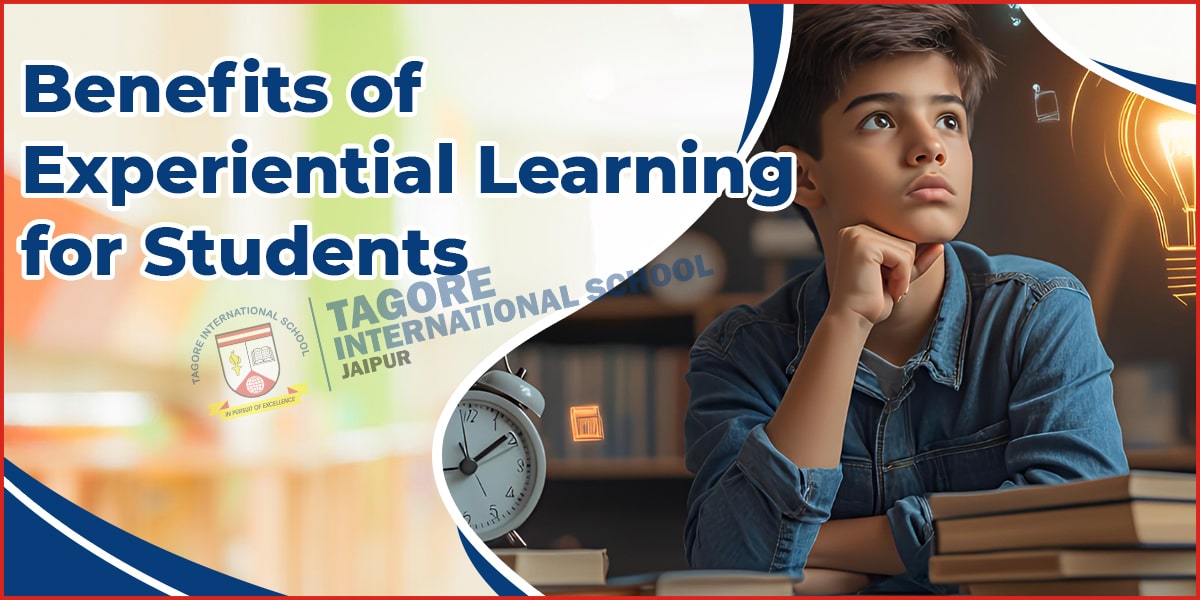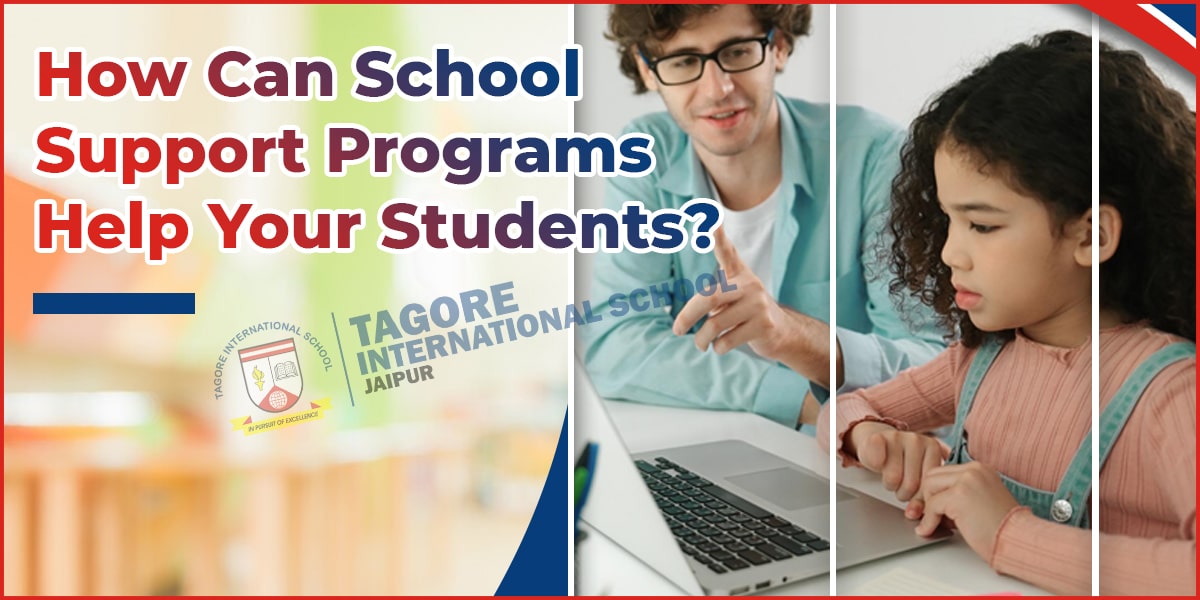Introduction
Consider the difference it makes when a child knows that her parents and teachers are working together to help her with her challenges and celebrate her success. This plays a crucial role in a child's overall development. Moreover, building a strong relationship results in the best academic results. In this blog, we will explore parent-teacher communication tips for better learning.
Understanding Parent-Teacher Communication and Its Importance
Parent-teacher communication refers to the exchange of thoughts about a student's performance, discussing strengths and weaknesses, and sharing details of the learning process. This process is a practical approach that understands the unique needs of the students and develops confidence among them so that they can perform well in exams.
Top Benefits of Parent-Teacher Relationship
Building a strong relationship between parents and teachers provides numerous benefits to the students.
For Students
- Feel motivated and confident.
- Improve skills and perform well in their exams.
- Experience consistency between home and school.
- Improved behaviour and social skills.
- Develop critical thinking.
For Teachers
Holistic Understanding of Students
Parents provide valuable insights into a child's cultural background, area of interest, personality outside the school, and behaviour. These factors help teachers in understanding the unique needs of the child.
Efficient Problem-Solving
Building a strong relationship between teachers and parents results in identifying the root causes of academic or behavioural challenges faced by the child and provides instant support in solving these problems.
Improved Teacher Morale and Job Satisfaction
When parents are involved, teachers feel valued, respected, and supported, which contributes to higher motivation and job satisfaction.
For Parents
Deeper Understanding of Child's Progress
Parents will understand the child's strengths and weaknesses, academic performance, and overall behaviour of the child in the classroom.
Ability to Provide Consistent Support
By understanding the learning goals and classroom expectations, parents will help their child with the homework and create a positive learning environment.
Reduced Stress and Anxiety
When parents support their children in their learning skills, it reduces stress and anxiety and results in the well-being of the child.
You can read also:- Overcoming School Reopening Anxiety
How to Improve Parent-Teacher Relationships?
Schedule Regular Meetings
Set up regular meetings so that teachers can discuss the progress of the child, behaviour in class, and other related issues. This helps in understanding where the child is lagging and improves academic performance.
Use Different Communication Channels
In today's digital world, teachers can use various communication channels like phone calls, text messages, or even video calls to connect with parents.
Practice Two-Way Communication
Two-way communication is essential as it helps both teachers and parents to share their thoughts about the various aspects of the child.
Celebrate Achievements
Celebrating a child's achievements strengthens the relationship between teachers and parents. Whether there is a good change in behaviour or achieving good marks in the exams, make sure to acknowledge and celebrate the achievement with the parents.
You can read also:- The Role of Technology in Education at Tagore International School Jaipur
How Tagore International School Builds Strong Parent-Teacher Relationships?
Parental Involvement in School Activities
The school organizes various cultural programs and workshops. This helps parents understand the school environment and its educational approach.
Regular PTMs
The school emphasizes organizing Parent-Teacher Meetings to discuss the child's overall performance.
Holistic Development Focus
The school focuses on all-around learning, not just academics, but also co-curricular activities, values education, and general personality development. This holistic approach allows parents to see a balanced picture of their child's progress, and communication with teachers is more effective.
Workshops and Camps
There are regular workshops and student camps, and even involving parents, which give scope for collaborative learning and collaboration.
Exploring the Parent-Teacher Relationship Importance in the Holistic Development of a Child
Understanding Holistic Development
It refers to the overall development of the child, nurturing every aspect of growth, including intellectual, social, emotional, moral, and physical. It focuses on shaping a well-rounded individual who can face future challenges confidently and make informed decisions.
The Parent-Teacher Connection and Why It Matters
Fosters a Positive Learning Environment
When teachers and parents communicate about the child, they get to know about the strengths and weaknesses of the child and make strategies to overcome them. Moreover, the child also feels comfortable, and it helps in creating a better learning environment so that the child grasps new things easily.
Early Identification of Children
When teachers and parents communicate together, they will easily identify the learning difficulties, behavioural challenges, or other issues that are faced by the child. Addressing these issues at their early stages is essential to maintain a smooth flow of learning.
Boosting the Child's Motivation and Confidence
When a child sees that their parents and teachers are putting effort into helping them, this will increase confidence and motivation in the child, and they can handle stress and anxiety. They will perform well in not just academics but also in extracurricular activities and social settings.
Personalized Learning Approach
Parents know about their child's interests. Teachers get to know about the behaviour and performance of the child in a group setting. Together, they can make a better learning approach that is perfect for the child's inability to grow and perform well in exams.
Practical Ways to Strengthen Parent-Teacher Relationships
Two-Way Communication
It is essential to follow two-way communication where both parents and teachers discuss the behaviour, performance, and other aspects of the child, and also establish open communication through emails, apps, and parent-teacher meetings for a better learning experience.
Share Feedback and Concerns
Sharing feedback from both sides enhances understanding. Sharing concerns about your child's behaviour and emotional well-being is fruitful and leads to making learning fun and enjoyable.
Aligns with Goal and Exceptions
Parents and teachers set exceptions regarding academic performance, values, and discipline. This helps in avoiding confusion so that the child focuses more on their studies.
Wrapping Up
Fostering strong communication among teachers and parents plays a crucial role in nurturing the child in all aspects. When they work together, they create a robust support system for their child that helps them in facing lifelong challenges, and it is essential for the holistic development of future generations.




